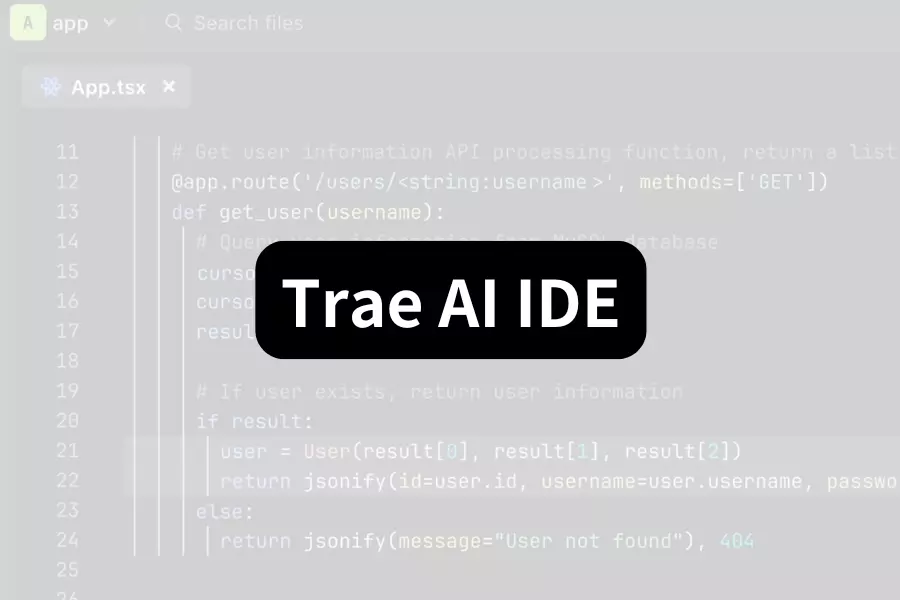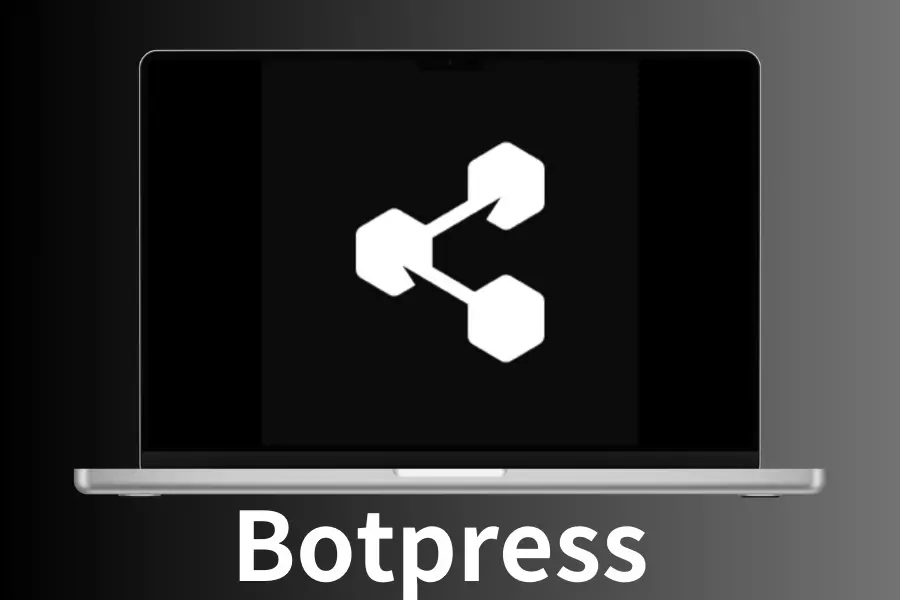
DMflow.chat
ad
DMflow.chat: Intelligent integration that drives innovation. With persistent memory, customizable fields, seamless database and form connectivity, plus API data export, experience unparalleled flexibility and efficiency.
Anthropic has developed the Model Context Protocol (MCP), an emerging open standard designed to enable seamless connections between AI systems and repositories, business tools, and development environments. MCP breaks down information silos, empowering advanced AI assistants to access relevant data and deliver more precise responses.

AI assistants are becoming increasingly popular, but current AI systems face challenges with data isolation. Each new data source often requires custom integration, limiting scalability. MCP eliminates fragmented integration by providing a unified open protocol, making data connections streamlined and efficient.
MCP is an open standard that enables secure, bidirectional connections between data sources and AI tools. Its architecture is straightforward:
Developers can deploy MCP servers rapidly and interact with them using MCP clients.
Early adopters, such as Block and Apollo, have integrated MCP into their systems, while developer tools like Zed and Replit are using MCP to enhance their platforms. Benefits observed include:
Dhanji R. Prasanna, CTO of Block, praised MCP as a hallmark of open technology, providing a bridge to real-world AI applications.
Launch a memory server:
npx -y @modelcontextprotocol/server-memory
Launch a Git server:
# Using uvx
uvx mcp-server-git
# Or with pip
pip install mcp-server-git
python -m mcp_server_git
Want to set up your own MCP server? Visit the official documentation for detailed guidance and technical resources.
MCP demonstrates impressive potential in real-world applications:
Q1: What is MCP?
A1: MCP is an open standard designed to connect AI systems with data sources, addressing the issue of data isolation.
Q2: How does MCP enhance AI performance?
A2: MCP enables AI systems to retrieve contextual information more accurately, resulting in higher-quality and more relevant responses.
Q3: How can I start using MCP?
A3: Begin by installing pre-built MCP servers via the Claude desktop application and follow the official quick start guide for setup.
The Model Context Protocol (MCP) is a transformative technology that propels AI assistants into the next generation of applications by breaking down data silos. Try MCP today and unlock new possibilities for your systems!
For more details, refer to the source article.
In essence, MCP enables a local interface where users can securely store tools and data paths accessible to Claude, facilitating smooth operations through its desktop interface.

DMflow.chat: Intelligent integration that drives innovation. With persistent memory, customizable fields, seamless database and form connectivity, plus API data export, experience unparalleled flexibility and efficiency.
7-Day Limited Offer! Windsurf AI Launches Free Unlimited GPT-4.1 Trial — Experience Top-Tier AI N...
Eavesdropping on Dolphins? Google’s AI Tool DolphinGemma Unlocks Secrets of Marine Communication ...
WordPress Goes All-In! Build Your Website with a Single Sentence? Say Goodbye to Website Woes wit...
The Great AI Agent Alliance Begins! Google Launches Open-Source A2A Protocol, Ushering in a New E...
Llama 4 Leaked Training? Meta Exec Denies Cheating Allegations, Exposes the Grey Zone of AI Model...
Meta Drops a Bombshell! Open-Source Llama 4 Multimodal AI Arrives, Poised to Challenge GPT-4 with...

Trae: The Next-Generation AI Code Editor, Unleashing Your Development Potential In today’s ra...

Botpress: Unlocking the Infinite Possibilities of AI Chatbots In this digital age, chatbots have...

Google Gemini-exp-1114 Release Shocks the AI World: Beats GPT-4, AI Race Heats Up Major Break...
By continuing to use this website, you agree to the use of cookies according to our privacy policy.